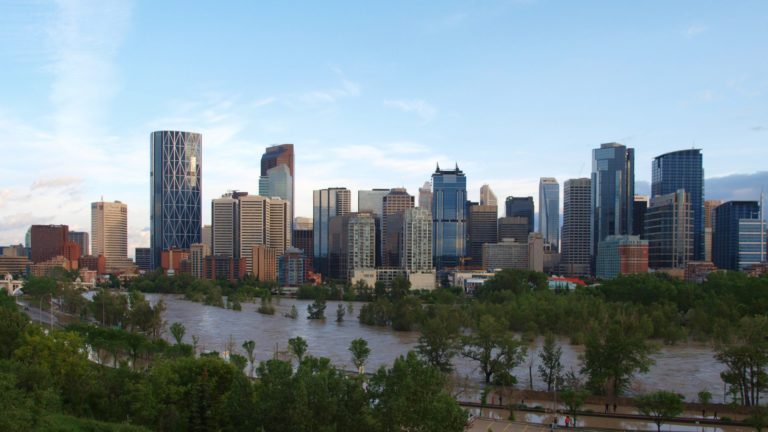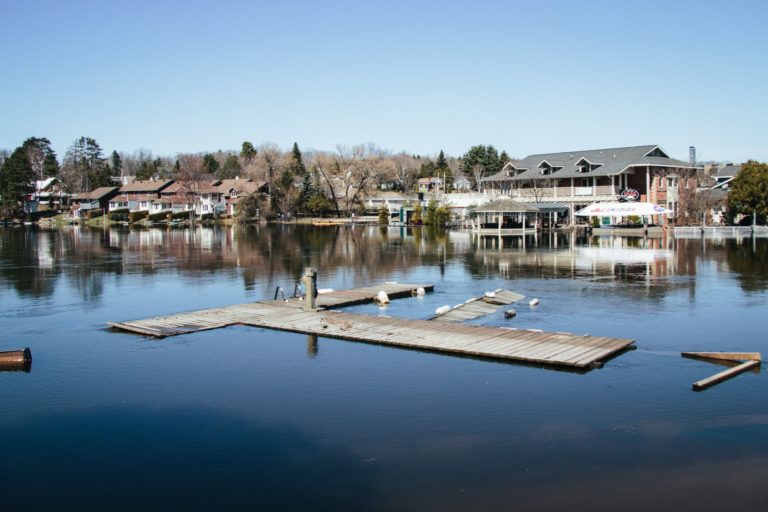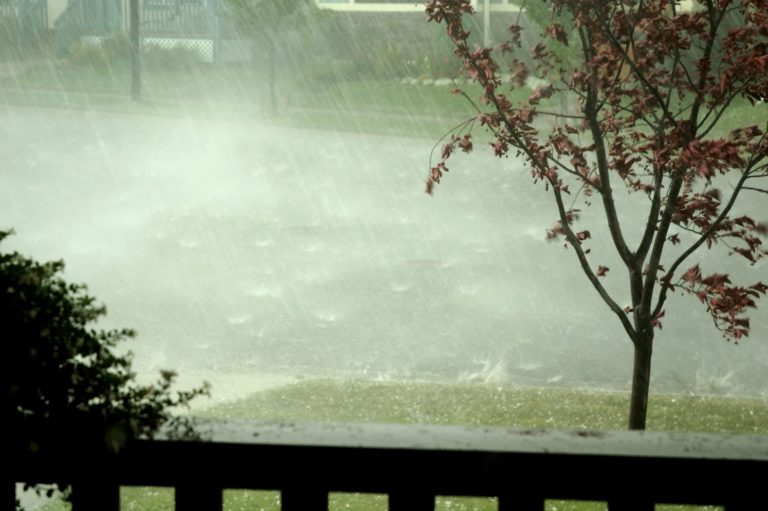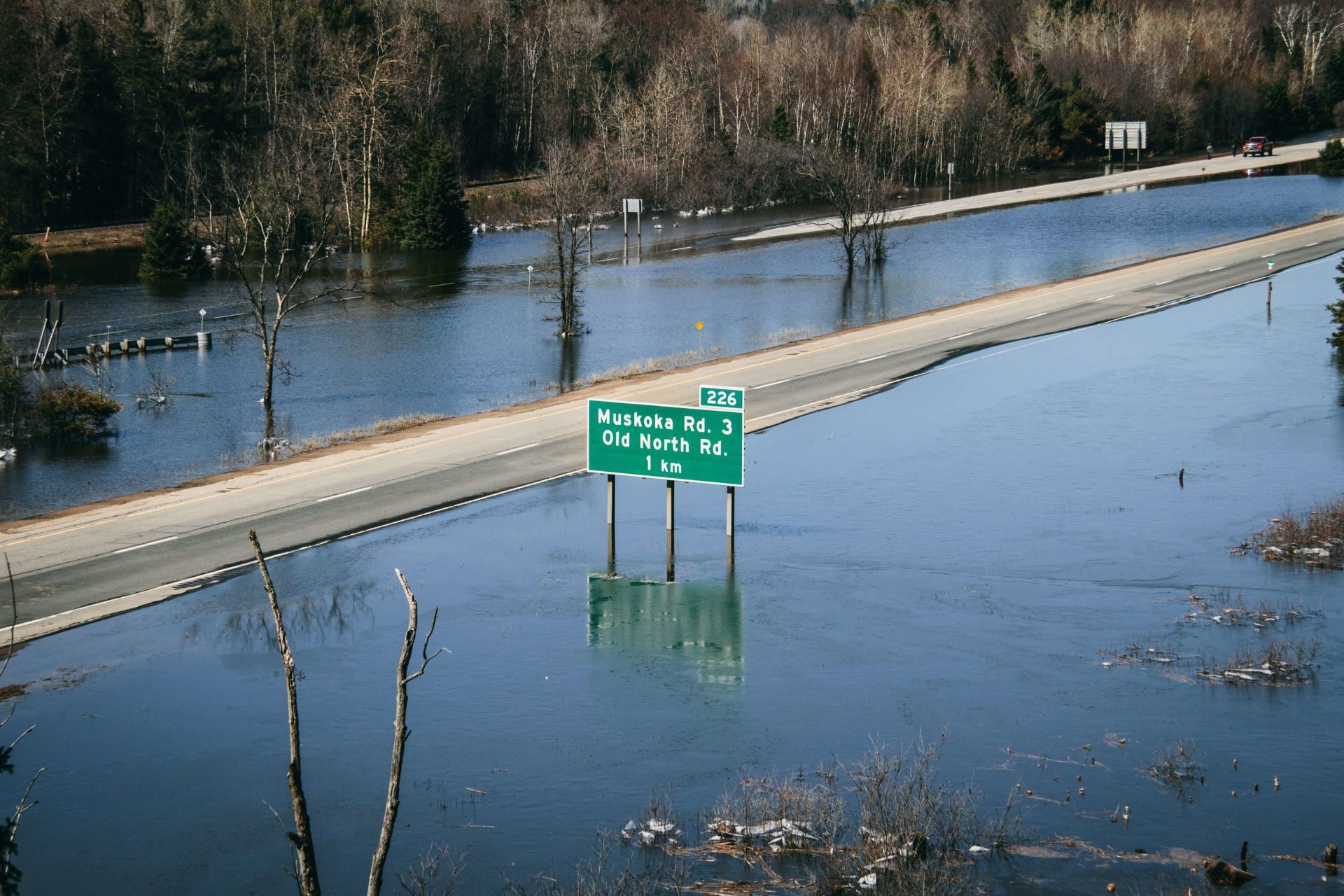Investing in climate adaptation measures is an opportunity to demonstrate foresight, show leadership, protect our economy, and keep Canadians safe.
You may have heard Justin Trudeau and other leaders use the phrase “build back better” to highlight the importance of not merely enduring the COVID-19 pandemic and its economic and social challenges but acting decisively to come back even stronger.
If Canadians truly want to build back better, there must be greater focus now—urgently—on adapting to a changing climate.
Canada, like the rest of the world, is experiencing more severe weather events and natural disasters linked to climate change. The raging wildfires along the U.S. West Coast are only the latest example. The human and financial costs of climate-influenced events continue to escalate.
Between 1983 and 2008, insured losses from natural catastrophes in Canada averaged about CAD 400 million a year. In the last 10 years, that number has jumped to more than CAD 1 billion a year. This year, we expect to exceed that amount in Alberta alone. Just two major events—flooding in northern Alberta and a hailstorm in Calgary—resulted in close to CAD 2 billion in insured losses, along with personal hardship for those affected.

The message is clear: Canada can be a global leader in adaptation and recovery, but we must invest today to reduce the risks we collectively face due to climate change.
Confronting climate change is a two-pronged fight. We absolutely need to reduce emissions. That’s a long-term imperative. But in the immediate future, we also need to adapt. We must take action to defend ourselves against the initial impacts of our changing climate.
Related Articles: What is Climate Resilience? | How to impact climate change adaptation
Unfortunately, the slow pace of climate adaptation measures has left Canadians increasingly vulnerable to these more frequent severe weather events. It is also putting financial pressure on families and governments and causing heartache and anxiety for Canadians who live in harm’s way.
One in five Canadian residential properties is at risk of overland flooding, with between 800,000 and 1,000,000 properties at high risk. The risk of wildfire continues to grow. We have entered an era of increased threat to life and property.

No single industry or government can solve this on their own. But if we act now and act together, we can begin to make meaningful progress.
An example is the Task Force for a Resilient Recovery, an independent and diverse group of Canadian finance, policy, and sustainability leaders (including both authors of this blog post) that just released its final report. In it, we recommended five bold yet achievable measures to help Canada build back better, with a focus on investing in the low-carbon economy and bolstering our climate resilience.
Among the recommendations, we called on the Canadian government to put in place a national program that supports efforts to retrofit existing buildings and infrastructure for enhanced climate resilience. This will create good new jobs and position Canada to better endure the growing impacts of our changing climate.
To be certain, this isn’t a challenge unique to Canada. The Global Commission on Adaptation, led by former UN Secretary-General Ban Ki-moon, is calling on political leaders around the world to “incorporate climate resilience into [their] economic recovery packages.” In particular, the commission is urging accelerated investments in urban resiliency and disaster prevention.

Here in Canada, the Federation of Canadian Municipalities estimates that CAD 5.3 billion is required annually to help protect our infrastructure from emerging climate risks.
The message is clear: Canada can be a global leader in adaptation and recovery, but we must invest today to reduce the risks we collectively face due to climate change.
Canada’s recent Speech from the Throne had promising signals, with a focus on building retrofits, clean energy, and investments in nature. Canada would benefit from such investments and other achievements in sustainability. But any truly green recovery plan must also recognize and respond to the new reality of climate risk.
Better preparation today—a national flood management plan, for instance—will pay dividends down the road. Smart investments will result in future savings. The longer we delay, the higher the costs and the greater the risk to human life and our natural and human-built areas.
There’s an old saying:
Within every crisis is an opportunity. We build back better when we build back smarter, with an eye to confronting the immediate challenges and impacts of climate change, even as we continue working to reduce emissions over the long term.
Investing in climate adaptation measures is an opportunity to demonstrate foresight, show leadership, protect our economy, and keep Canadians safe.
About the author: Dr. Richard Florizone is the President and CEO of IISD. Don Forgeron is the President and CEO of the Insurance Bureau of Canada. Both were members of the Task Force for a Resilient Recovery, which just concluded its work.
EDITOR’S NOTE: The opinions expressed here by Impakter.com columnists are their own, not those of Impakter.com. — In the Featured Photo: Highway 11 flooding in Muskoka, Canada. Featured Photo Credit: Ryan McGilchrist / Flickr











